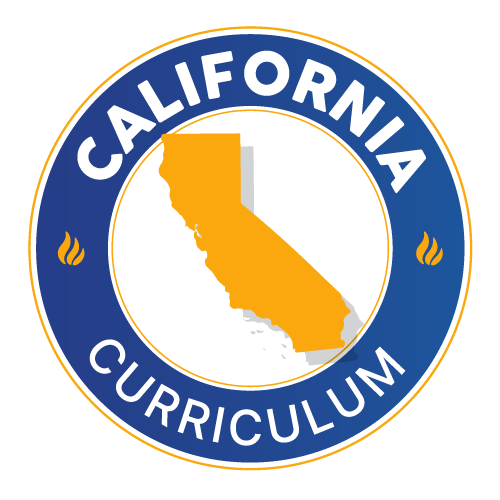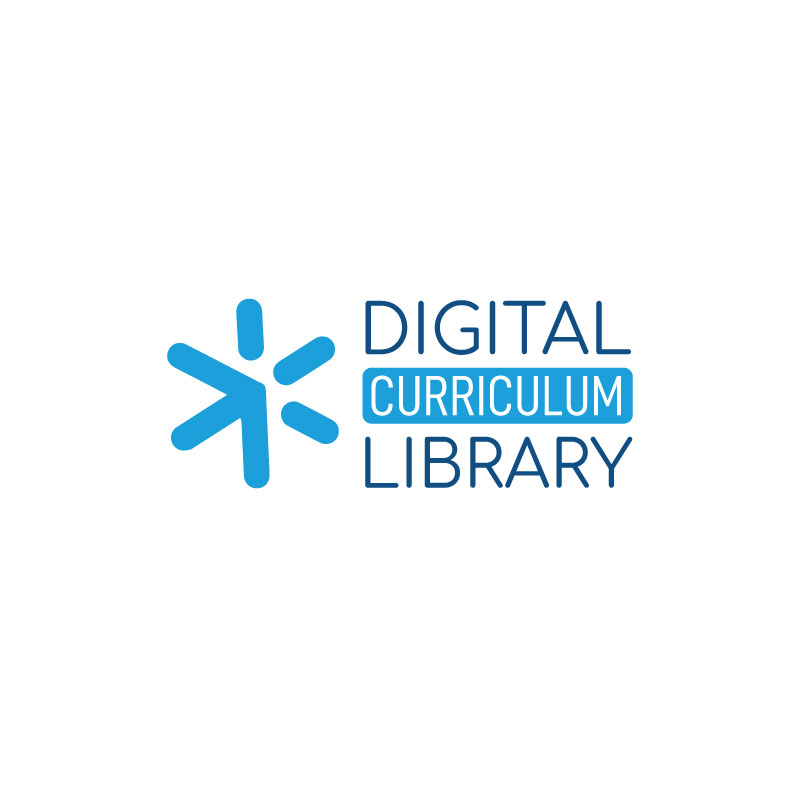Power of Play Leading to Lifelong Learning
The Power of Play: How Preschool at Liberty International School Prepares Children for Lifelong Learning
Play is a fundamental aspect of early childhood education, laying the foundation for cognitive, social, emotional, and physical development. At Liberty International School, we recognize the transformative power of play and incorporate it into our preschool curriculum to prepare children for lifelong learning.
The Role of Play in Development
Play supports various facets of a child's development. Cognitively, it enhances problem-solving skills and creativity. Socially, it fosters cooperation and communication. Emotionally, it helps children understand and manage their feelings. Physically, it promotes coordination and overall health. By engaging in play, children develop essential skills that will benefit them throughout their lives.
Types of Play
Different types of play activities contribute uniquely to a child's growth:
- Free Play: Encourages independence and creativity as children explore their interests.
- Structured Play: Provides guided learning opportunities, helping children follow rules and achieve specific learning outcomes.
- Outdoor Play: Promotes physical health and a connection with nature, allowing children to develop gross motor skills and social interactions in an open environment.
Play-Based Learning at Liberty International School
At Liberty International School, our preschool program integrates play-based learning into daily activities. We incorporate elements of STEAM (Science, Technology, Engineering, Arts, and Mathematics) to stimulate curiosity and critical thinking. For instance, children might build structures with blocks (engineering), create art projects (arts), or participate in simple science experiments (science). These activities not only make learning fun but also develop a range of skills.
Our approach also emphasizes creativity and tolerance. Through collaborative play, children learn to appreciate different perspectives and work together harmoniously. Activities like role-playing and group projects nurture empathy and understanding, essential traits for their future.
Parental Involvement
Parents play a crucial role in extending the benefits of play at home. Encourage your child to engage in various play activities, both indoors and outdoors. Provide opportunities for creative play, such as drawing, building, or storytelling. Join your child in playtime to reinforce learning and strengthen your bond. Remember, the key is to create a balanced environment where play is seen as both fun and educational.
Conclusion
The long-term benefits of play are undeniable. Children who engage in play-based learning develop critical thinking, creativity, social skills, and emotional resilience. At Liberty International School, we are committed to providing a nurturing environment where play is at the heart of learning. By fostering these essential skills early on, we prepare our children for academic success and personal growth, ensuring they are ready to face the challenges and opportunities of the future.
Join us at Liberty International School, where we believe in the power of play to shape bright futures.



